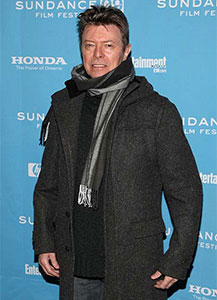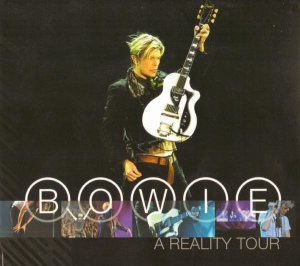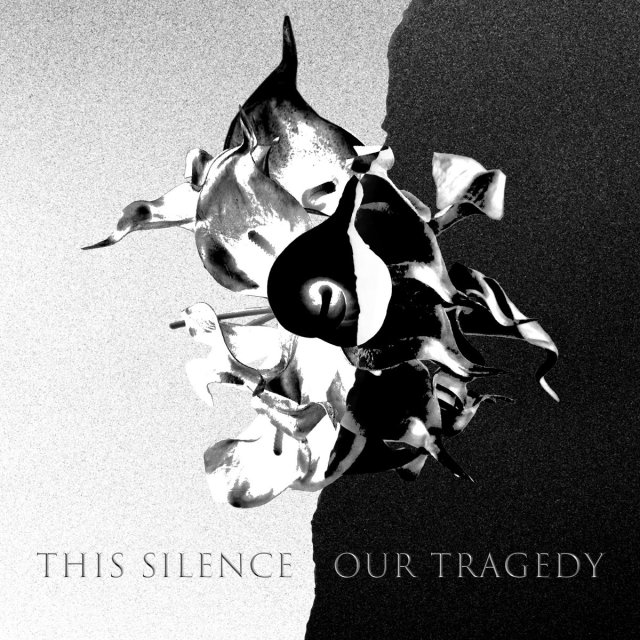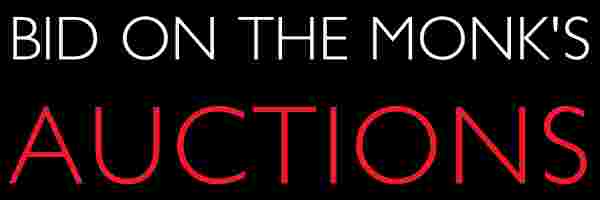2009
The summer of 2009 was a hotbed of Bowie sightings. In the hubub surrounding his son Duncan’s excellent hard sci-fi directorial debut, “Moon,” the proud papa was captured in the camera’s eye at festival screenings of the film. Shots of the director and his more famous father proliferated in the media for a few weeks. I could not help but think that he was examining the loneliness and alienation that was part and parcel of “Space Oddity” from a more political perspective in the film. Sam Rockwell’s performance was poignant and the exclusive use of physical special effects guaranteed me a good time, aesthetically. Duncan Jones had wanted to make a film in the style of “Silent Running,” “Alien,” or “Outland,” and I felt that he succeeded admirably. In terms of look, that was definitely the case, but I felt that the story of “Moon” was a much more emotionally resonant piece. Young Zowie managed to have his cake and eat it, too.
At virtually the same time, out of nowhere came this intriguing release, a CD/DVD of Bowie’s appearance on the VH-1 Storytellers program. I had no idea that this had even happened a decade earlier, but I was still happy to see and hear it by this time. Bowie’s excellent mid 90s band were here in force, with Reeves Gabrels making his last concert appearance with Bowie here. The selection of material was definitely staying on the “Hunky Dory” side of the fence, since two of the eight songs here were from the [yet to be released at that time] “Hours…” album.
The format of the program was to have the singer set up each song with some relevant backstory and Bowie more than rose to the occasion with his normal stage wit enlivened by the occasional character voice as he related the tales. The band were happy to plow the song’s furrows for all the beauty they could offer and the DVD contained four extra songs not originally broadcast during the initial 1999 airing on VH-1. The bonus materials dipped into “Low” and even “Tin Machine” with “I Can’t Read,” a late in the game Bowie favorite getting a surprise airing here. I also appreciated the two more songs from “Hours…,” which sounded better live, frankly. I loved the album, but it still sounded like it used loops in its construction, even if the results were far afield from the preceding “Earthling.” The more organic sounding performances here were much more to my liking. It’s too bad that that album didn’t get the sort of public airing that I felt it merited at the time.
2010
Not half a year coming on the heels of the 1999 VH-1 Storytellers volume, came yet another raiding of the Bowie vaults. While, I immediately had the DVD of “A Reality Tour,” the appearance of the CD version blindsided me. I felt that this had to be some sort of sop to his contract with Columbia Records and clearly by now, I was of the opinion that Bowie had silently retired. No music had manifested for eight years how. In the interim, these live shows were getting a release. Since I already had the DVD, I have never yet gotten the CD but given that I listen to my Bowie albums from time to time, and the DVDs get a playing and languish for long years afterward, I should pick this up. After all, music is your best entertainment value! As much a a concert DVD is nice, I don’t have the time to watch them all that much. My wife prefers narrative entertainment when we fire up the CRT.
The CD was enhanced with three tracks not on the DVD: “Fall Dog Bombs The Moon, “Breaking Glass” and “China Girl.” I just noticed that the iTunes version has an additional two songs beyond that! The excellent “5:15: The Angels Have Gone” and “Days.” Hmm. Memo to self: buy the CDs and purchase the last two as DLs. All of this hitting the late period archives had the air of misdirection to me. As if Bowie couldn’t just vanish into thin air, even though he seemed to want to. While album contracts might have driven this bus, their perfunctory appearance was slightly disquieting to me. They suggested that Bowie was still keeping a finger in the game.
By 2010, I had grown inured to the notion that Bowie had silently retired from the world’s stage. It not-so-secretly pleased me that his last released song on his apparent final album was the superb “Bring Me The Disco King.” If Bowie had silently retreated from the spotlight after its release, then I could have hardly imagined a finer grace note for him to bow out on. That song was unquestionably one of his finest efforts ever, and it finally and completely dispelled the pall of smoke that his mid-80s career moves had left clinging to his career like the most tenacious of albatrosses. For the next three years, I was utterly convinced that Bowie had long since left the building.
Next: …January Surprise











![Chris Cross: 1952-2024 [part 2]](https://i0.wp.com/postpunkmonk.com/wp-content/uploads/2024/04/ultravox-cross.jpg?resize=200%2C200&ssl=1)


As a Bowie diehard, I kept the faith in the lean years (we had a similar “in the wilderness” experience in the Doctor Who world in the 90s, so that was prep!). I had been a bit alarmed, a first, by some apparent weight gain over the years, but not because the man had the nerve to put on some pounds from his TWD lows — more that I recognised the “puffy” look that some medications can give you (Jerry Lewis most notoriously demonstrated this some 15 years back, and when he came off those meds he stopped looking like he’d been inflated with hydrogen to bursting).
By the time Moon arrived, he was looking healthier again (though still not fighting trim) and I was relieved to see him back in front of the cameras. It made me hopeful (and of course I was pleased to see Moon, which reminded as much of Dark Star as Silent Running). Bowie was dressing better and looking better, and this gave me some renewed hope for future recordings.
I haven’t gotten either of the live appearances mentioned here; a serious omission in the catalog, particularly given the storytelling in the VH1 release. There are only a handful of conversations with Bowie that I know of where he’s really having a good time, and this was one of those. He had a lot to be proud of with those bands.
LikeLike
Monk, your final notes on Bring The Disco King completely echo my feelings on that Bowie masterpiece. It worked very well as a final musical missive. It certainly rose above and far beyond his work of the 80s. But something always nagged at me about it’s choice as a final denoument. It may lyrically fit that purpose on the surface, but musically it was building on new territory, open spaces, crossing into a crooner sort of free form jazz with a strict grounding pulse. Mike Garson’s keys and Matt Chamberlain’s drums are remarkable in setting mood and pace.
Bowie’s opening lines to the song – ” You promised me the ending would be clear You’d let me know when the time was now Don’t let me know when you’re opening the door Stab me in the dark, let me disappear” – sound like a man angered or at least upset that the end he was promised/expecting wasn’t going to be afforded him; that he was now being told he still had unfinished business. His health could have easily afforded him that promised, sideways glance of an end in 2004, but instead, Bowie became a REAL aging survivor.
I wish I could have envisioned in 2003 that this would come true 10 years later. But Bowie made no moves that reflected an interest in continuing. What was to come would be a triumph.
LikeLike
Echorich – The really fascinating thing about “Disco King” was that it had been a song that had been knocking around Bowie’s psyche for years. It was originally written in 1993 for the “Black Tie, White Noise” sessions. I have yet to hear the alternate version from the “Underworld” OST. One imagines that the lyrics might have mutated over that decade between its origin and Bowie finally putting it down on “Reality.”
LikeLike
I know the OST version as the Loner Mix and it replaces the jazz elements with a very orchestrated darkness. It loses much of the wonder of the album version to grandiose buildups and fall outs. I’ve always wondered why, if he wanted to work again with NIN alumni, he didn’t choose Chris Vrenna instead. It also gets in my craw that the back up singers ad lib Bring Me The Head Of The Disco King at one point.
LikeLike